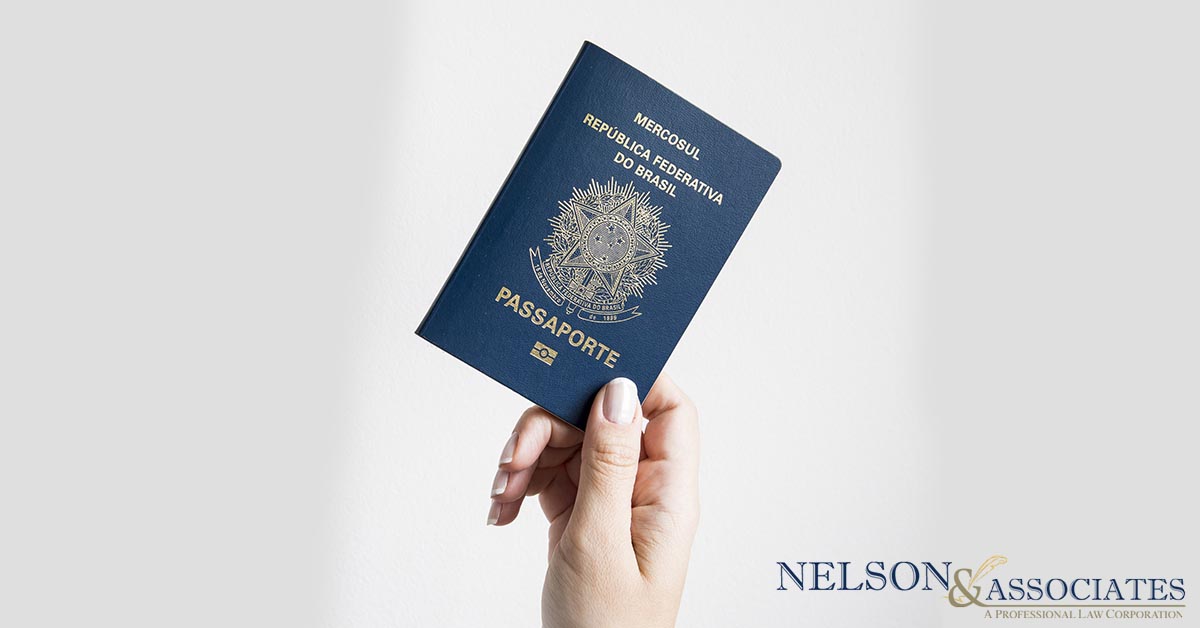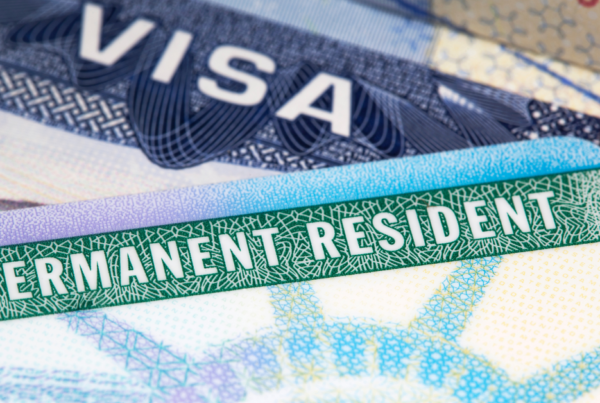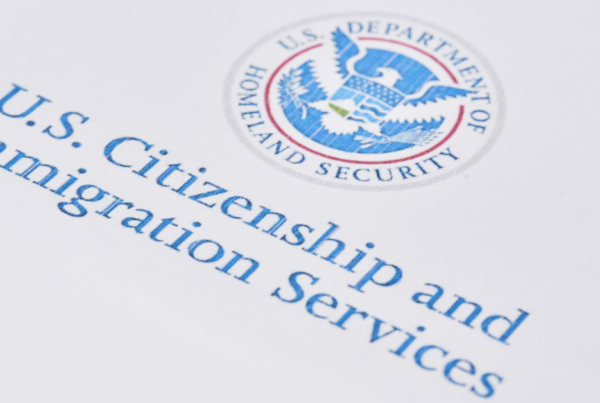
As an immigration lawyer, Pasadena California immigrants often approach me asking for information on immigrant assistance programs that are available in California. So today I wanted to take a moment to share a few of those programs and how they can help.
Immigration Lawyer Pasadena California: 5 Immigrant Assistance Programs
There are a number of immigrant assistance programs available in the state of California, we’re going to look at just five of them…
1. Adult Education Programs
Adult education programs are a great tool for learning the English language as well as for mastering skills that will allow you to work in specific trades. Classes available through the California Department of Education can also help you to obtain your high school diploma and to become an American citizen. You can find a list of adult education providers on the Outreach and Technical Assistance Program website. Adult education is considered to be a public program and it is made available to all adults. Many schools offer free or low-cost classes for adults 18 and older.
There are also online resources where you can take classes from home, you will find many of these classes listed in the California Immigrant Guide.
2. Professional Job Services
For many immigrants who worked in professional roles in their native country, one of the most difficult aspects of coming to the U.S. is being unable to practice in a career that they love. The state of California offers professional job services to these immigrants that help to adapt existing skills and training to become a valued member of the U.S. workforce. The Upwardly Global program (linked above) is a great resource for this type of service because not only do they provide education and training, but they also help to match these professionals with jobs.
3. Medical Coverage
Most immigrants are eligible for health insurance coverage through the Affordable Care Act, however, immigrants who are not legally present do not qualify for coverage. Plans can be purchased through the Covered California program, a program designed to help residents get health insurance and to receive financial help (if needed) to pay for that health insurance plan.
MediCal may offer health coverage for undocumented immigrants if they are under age 19 or require coverage for pregnancy. The MediCal program is designed to offer low-cost or free health care coverage for low-income households or families with limited resources. MediCal covers low-income adults, families with children, persons with disabilities, seniors, pregnant women, children in foster care and former foster youth up to age 26.
There are also many counties that have their own health care resources designed specifically for immigrants who are in the country without the necessary documentation.
4. CalWORKs
The CalWORKS program is designed to provide qualified families with services and cash aid if they have children in the home. Those who qualify for this program include:
- Lawful permanent residents (anyone with a green card)
- Those with refugee or asylum status
- Conditional entrants
- People granted withholding of deportation or removal
- Cuban/Haitian entrants
- Certain victims of domestic violence
- Victims of human trafficking (applicants for and holders of a “T” visa)
- Applicants for and holders of a “U” visa may also be eligible
CalWORKS is available in all counties throughout California and is a program operated by the county welfare department.
Families that qualify for CalWORKSmay receive immediate short term assistance if they have little or no money and need housing, utilities, food, medical care, or clothing. Families may also qualify for monthly assistance through CalWORKS to help cover necessary expenses.
5. CalFresh
CalFresh is a program that used to be referred to as “food stamps” and it is designed to help families to purchase healthy foods. Also referred to as SNAP, this is a federally funded program. Benefits for CalFresh families are automatically loaded onto a EBT card and those funds can be used to purchase food products at many farmer’s markets and grocery stores.
The CalFresh program recognizes a group of people who live together and eat together as a single household. A household can be just a single person and more than one household can share a single address. It’s also important to note that you don’t have to be a homeowner to qualify for this program.
The current income limitations for households that can qualify for CalFresh are as follows:
Income Guidelines
October 1, 2019 – September 30, 2020
| Household Size | Gross Monthly Income |
| 1 | $2,082 |
| 2 | $2,820 |
| 3 | $3,556 |
| 4 | $4,292 |
| 5 | $5,030 |
| 6 | $5,766 |
| 7 | $6,502 |
| 8 | $7,240 |
| *Add this amount for each additional member | + $738 |
Some immigrants may qualify for the CalFresh program, this includes:
- Lawful permanent residents (LPRs)
- Amerasian immigrants;
- Refugees
- Asylees
- Persons granted withholding of deportation
- Conditional entry (prior to April 1, 1980)
- Paroled for at least one year; or
- Cuban/Haitian entrants; or
- Adults or minors subject to severe trafficking, or their spouse/parents/children; or
- Certain battered spouses and children.
- Iraqi and Afghan Special Immigrants
Legal immigrants in the following categories do not qualify for the CalFresh program:
- Certain Hmong or Highland Laotians who are lawfully present in the United States, with their spouses and children;
- Certain cross-border American Indians with treaty rights to cross between Canada or Mexico and the United States; and
- Victims of a severe form of trafficking of persons, who are eligible to the same extent as refugees.
For a qualified immigrant household to receive ongoing benefits from the CalFresh program they must meet one of the following requirements:
- Have been in the United States as a qualified immigrant for five years (the years do not have to be consecutive); or
- Be under 18; or
- Be receiving disability-related assistance (as defined in the CalFresh Program; see the section about how “disabled” is defined); or
- Have one of the following immigration statuses:
- Refugee
- Asylee
- Person granted withholding of deportation or removal
- Cuban or Haitian entrant
- Victim of trafficking
- Amerasian
- Lawful permanent resident (LPR) who used to have one of the above immigration statuses; or
- Be a veteran of the United States military, or a member of the United States military, or a spouse or child of a person in the military or a veteran; or
- Be a lawful permanent resident (LPR) with at least 40 quarters of work in the United States; or
- Be a member of a Hmong or Laotian tribe that fought with the United States military during the Vietnam War, who is lawfully residing in the United States; or
- On August 22, 1996, have been 65 years or older and lawfully residing in the United States (i.e., born before August 22, 1931);
- Be an American Indian with certain rights to cross the border between the United States and Canada or Mexico; or
- Be a non-citizen national (born in American Samoa or Swain’s Island).
Are You Looking For An Immigration Lawyer Pasadena California Trusts?
If you are looking for an immigration lawyer Pasadena California trusts with their immigration needs, Nelson and Associates can help! Just pick up the phone and dial 626-683-3451 to make an appointment for your consultation today!



